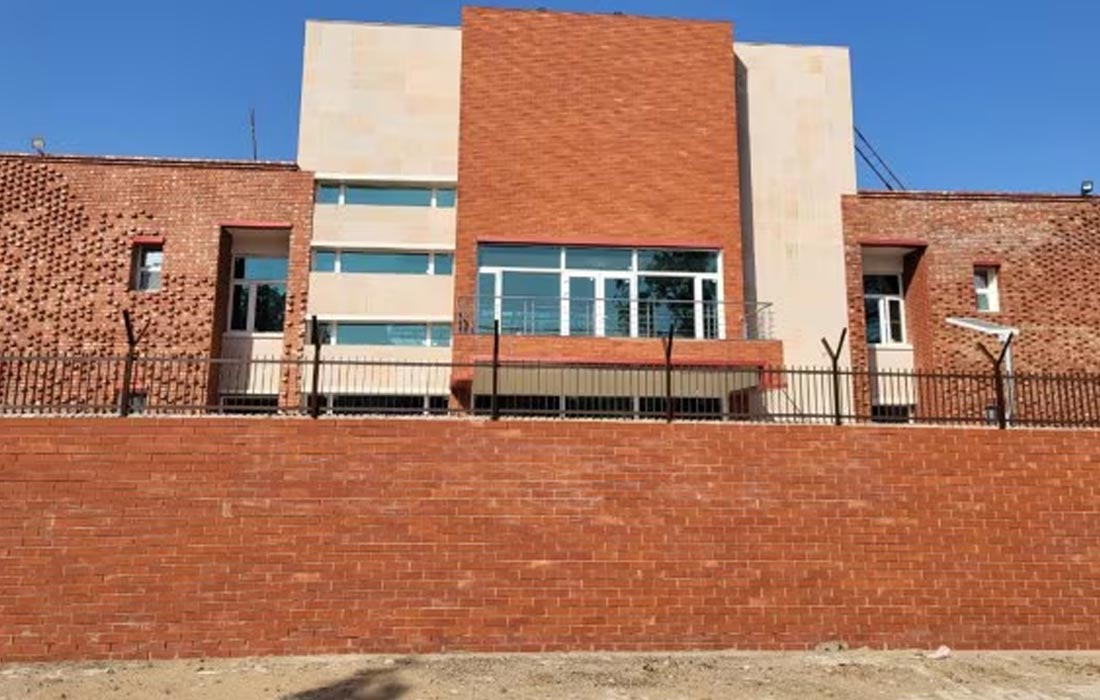Parents of children with learning disabilities in Chandigarh are expressing concern over the high security deposits required for admission to a new group home in Sector 31. The Chandigarh administration has set the refundable security deposit at Rs 19.2 lakh for a twin-sharing room, Rs 30 lakh for a single room, and Rs 42 lakh for a suite.
Having fought initially for the establishment of a group home and then for air conditioning, parents now face a new challenge with the exorbitant security deposits. They argue that such high rates are unprecedented and not charged anywhere else in the country, adding to the financial strain they have endured throughout their lives caring for their children with learning disabilities.
The monthly charges for the group home are also significant, with Rs 35,000 for a suite, Rs 25,000 for a single room, and Rs 16,000 for a twin-sharing room, further compounding the financial burden on families.
Satish Kumar, an 80-year-old retired bank employee caring for his 38-year-old son with severe mental illness, criticized the high deposits, pointing out that the Senior Citizens Home in Sector 43, run by the same department, requires a deposit of less than Rs 50,000.
Parents have researched and found that security deposits for similar group homes across the country do not exceed Rs 6 lakh. They proposed a more reasonable deposit range of Rs 3 lakh to 6 lakh, but the Union Territory administration rejected their suggestion.
Kulwant Singh, a 65-year-old father of a 34-year-old son with learning disabilities, voiced his concerns, stating that the UT social welfare department is asking for a security deposit equal to 10 years’ charges. This upfront payment of Rs 20 lakh to 42 lakh is deemed excessive and unfair by the families.
Singh highlighted that no other group home in India, whether government, private, or NGO-run, demands such a high security deposit. He questioned the rationale behind the UT social welfare department’s decision, especially when the Senior Citizens Home in Sector 43 only requires a deposit of three months’ charges.
Tejpal Kaur, a 70-year-old mother of a 37-year-old daughter with learning disabilities, echoed Singh’s concerns. She emphasized that the hefty security deposit defeats the purpose of establishing a government-run group home if most families cannot afford it. O P Asija, father of a 43-year-old son with learning disabilities, accused the Union Territory of catering only to wealthy industrialist families. He called on the UT’s director of social welfare to recognize the financial stress already faced by families with mentally handicapped members and reconsider the exorbitant security deposits.
















